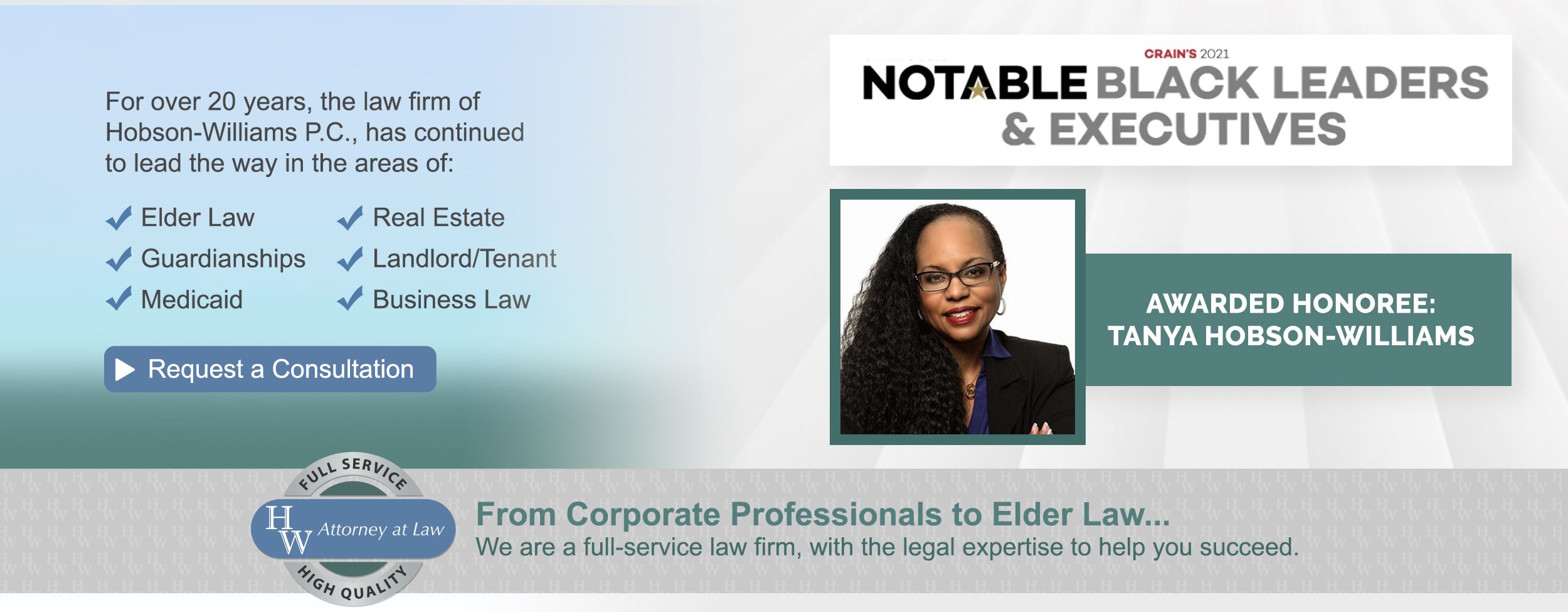If you’re finding it difficult to take care of your personal needs or your property, or maybe you do not really understand the decisions that you have been making, and/or your friends and family are concerned but are unable to provide the help you need, perhaps an appointed Guardian is an option for you or your loved one.
The New York Mental Hygiene Law Article 81 was established to provide a Guardian to handle the personal and property needs of an alleged incapacitated person. Incapacitated persons are those who are unable to provide for their own personal needs and/or to manage their property. In addition, an incapacitated person is someone who is unable to comprehend or appreciate the inability to handle such affairs.
You might be asking yourself, “Well, how does someone know they are an incapacitated person? What are the signs or symptoms so that you or a loved one can be appointed a Guardian?”
A Guardian is rarely appointed to an incapacitated person because he/or she self declares or voluntarily decides to classify themselves as an incapacitate person. Rather, it is a decision that is given by court order based upon the condition of the individual so that a Guardian can be appointed. The court’s decision is based upon evidence that is clear and convincing that the individual is likely to suffer from harm because he or she cannot comprehend the consequences of the actions they are taking or cannot provide for themselves adequately. The Guardian can be someone the incapacitated person recommends or nominates or simply someone the court appoints that can best serve their interests.
Now that you have an appointed Guardian or you’re aware that such an option is available, you’re probably wondering what a Guardian will actually do for me. The Duties and obligations of the Guardian are created in a particular way so that the needs of the incapacitated person are catered to in regards to personal care and/or the individual’s property management. There may be a variety of issues that a Guardian may be appointed to help with including financial affairs, physical illness, substance abuse or dependency, personal needs, management of property. The purpose is to help with the best interest of the incapacitated person in mind. The Guardian will help make decisions that may be too difficult to make alone, handle medical needs or personal care, and to make sure finances are in order.
The Law Firm of Hobson-Williams, P.C. can assist with all aspects of Guardianships from the application to the court, preparation for the court proceeding and after the Guardian is appointed.
Call our office at (718) 210-4744 now to schedule a consultation!

















